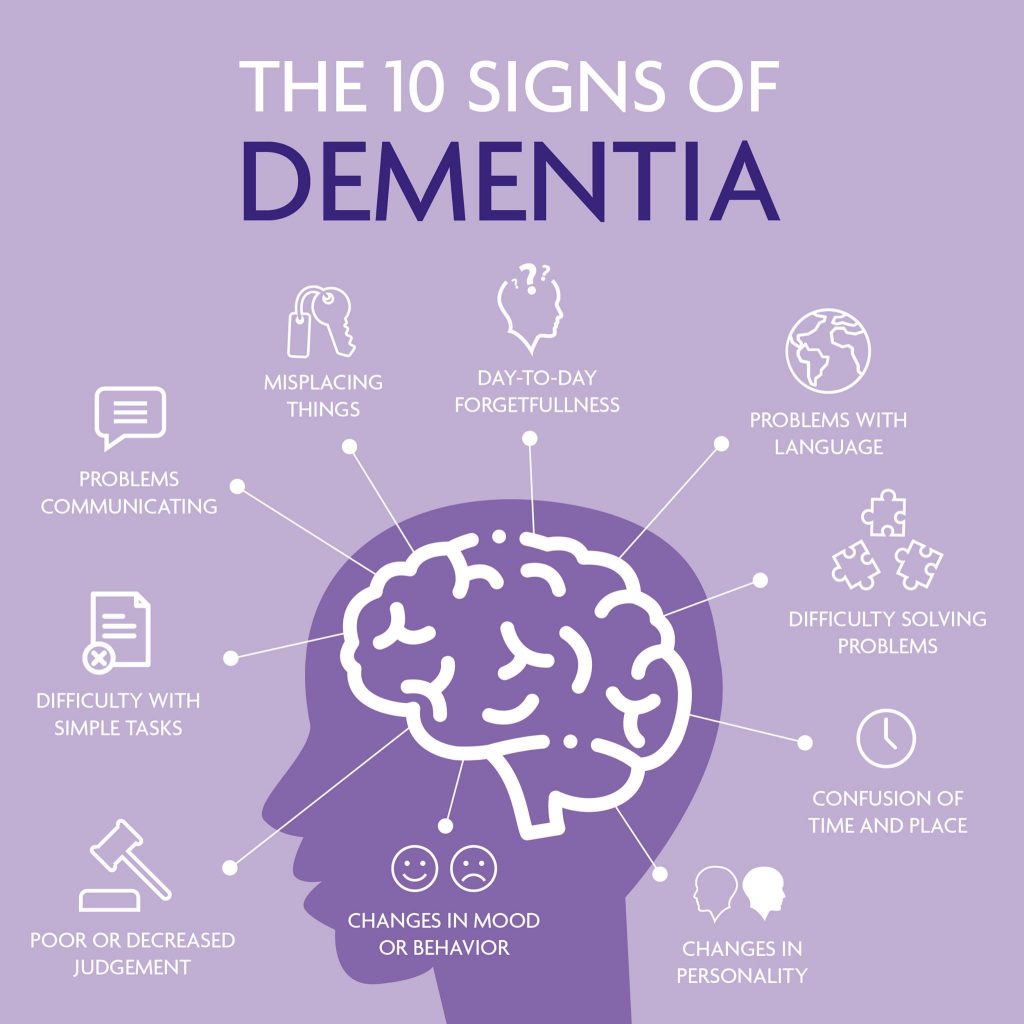Sickle Cell Foundation opposes creation of sickle cell agency, faults bill
The Sickle Cell Foundation, a non-governmental organisation dedicated to the proper care and control of sickle cell disease in Nigeria, has kicked against the bill seeking for the establishment of a Sickle Cell agency.
The NGO urged the government to rather focus on funding the existing Sickle Cell centres scattered across the country.
The organisation made its stance known during the health public hearing sessions held at the National Assembly, between April 12 to 13, 2022.
The Sickle Cell Foundation, which was represented by one of its programme coordinators, Anthony Babatunde, while sharing major highlights of the sessions on Monday via an Instagram post, said the bill was not in the interest of the Sickle Cell community.
He stated, While it was not a surprise that the said bill had passed 1st and 2nd reading, and was cruising to being made a law, it was crystal clear that it was not in the best interest of the Sickle Cell community and Nigerians as a whole.”
He noted that the public hearing was chaired by Senator Ibrahim Oloriegbe and had various members of the senate and sponsors of the various bills under consideration in attendance.
Others at the hearing include representatives of the Federal Ministry of Health, Medical Laboratory Science Council of Nigeria and Coalition of Non-Communicable Diseases, among other health organisations.
Explaining why the creation of an agency is unnecessary, Babatunde noted that there are already six centres addressing the same needs.
“While presenting on the floor of the senate, the Programme Coordinator highlighted, that there is already a National Sickle Cell Centre in Lagos, established by the Sickle Cell Foundation Nigeria, that addresses all aspects of sickle cell disease – from prevention to treatment, care and support, and now CURE.
“Also worthy of note is the fact that the Federal Ministry of Health and Lagos University Teaching Hospital are part of the board of the centre.
“Similarly, there are also six centres of excellence for sickle cell disease in Nigeria – one in each of the 6 geo-political zones of the country, which are domiciled within Federal Medical Centres.
“Establishing the Agency will amount to duplication of efforts and attendant waste of resources, as the existing centres are not funded. Indeed, the major challenge is – no funding and not the non-existence of research or treatment centres.”
He solicited the support of the Senate to look into strengthening and providing support for the existing centres.
He also urged the lawmakers to sponsor bills that would “give bite to existing policies on sickle cell, establishing newborn screening for sickle cell disorder and other blood disorder, prophylactic treatment, bills to put an end to stigmatization and discrimination that people living with Sickle Cell Disorder suffer, access to affordable healthcare/insurance and a complete policy on sickle cell disorder to cover primary, secondary and tertiary prevention,” he said.
In 2021, it was reported on how the House of Representatives’ Committee on Health Institutions held a public hearing on five bills seeking to establish various facilities across Nigeria, including a National Agency for Sickle Cell Disease.
Sponsor of the bill, Mr. Bamidele Salam, emphasised the need for a legal framework for the prevention, control and treatment of sickle cell disease.
According to the lawmaker, the overall intent of the bill was to improve the lives of people suffering from sickle cell disease, recognise the disease as a serious and debilitating illness, and allocate new resources to monitoring, researching and treating it.
He said, “despite being one of the most common generic and blood diseases, and the fact that we have known about it for several decades, Nigerians with sickle cell disease continue to face a variety of barriers when trying to access care.
“Individuals with sickle cell disease not only suffer from chronic, debilitating pains and are at the risk of other serious complications, but many of them also lack access to their medical needs.
“This bill will provide a means of ensuring that we have the resources to better understand this disease and to maintain access to services for those affected by it.
“Other diseases that impact a similar or even smaller number of people receive more attention, and at times, more resources to help the patients. It is not out of place to therefore allocate necessary resources to monitor, research and treat sickle cell disease.
He further stated that the proposed legislation will mark a significant step forward in our efforts to combat sickle cell on all fronts.
According to the Chief Executive Officer of the Sickle Cell Foundation of Nigeria, Dr. Annette Akinsete, 150,000 children are born with sickle cell disorder in Nigeria every year while about 100,000 of them do not live to the age of five.
Akinsete said “Nigeria has the highest burden of sickle cell in the world; 150,000 babies are born every year with sickle cell disorder.
“When we talk about the burden, we also need to talk about those who have the traits, those who can pass the gene to their children but do not suffer the condition.
“About 50 million Nigerians have sickle cell traits. But that is the pool of persons that are potential persons that can give it to their children.
Akinsete, who spoke during the unveiling of the Muyiwa Talabi Exchange Blood Transfusion unit in Lagos, said there is a need for more awareness on the disorder in the country.
“People say it is a black man’s disease but that is not correct. It is something that we find in areas we call the malaria belt across the world. We find it in Nigeria, West Africa, East Africa, towards the Asian sub-continent and beyond, as long as you have malaria there you will have sickle cell disorder there as well. It is now a global disease.








